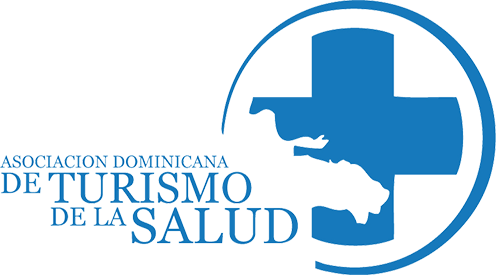- 29 de September de 2017
- Posted by: adtusalud-admin
- Category: News

The expert lawyer in health and medical tourism law, executive director of the Dominican Association of Health Tourism, Dr. Maite del Toro stressed the importance of public-private partnerships, regulatory framework and incentives for certified health centers to be accredit internationally, since the priority of the health system must be to be able to guarantee the quality and safety of its services, so we must also effectively combat intrusion and the centers and doctors who practice medicine clandestinely and illegally.
In this sense, the executive director of the Dominican Association of Health Tourism (ADTS), detailed the strengths, opportunities, weaknesses and threats of the sector to be taken into account in its strategic planning.
STRENGTHS:
- Favorable geographical situation, close to potential markets.
- Competitive costs of services and supplies.
- Immediate attention, with reduced waiting lists.
- Currency with attractive convertibility to foreign currency.
- Access facilities and multiple air connections.
- Trained specialists
- Health centers with international departments and in the process of international accreditation.
- Health and Wellness Tourism Guide.
- Tourist experience and availability of high quality hotel beds.
- Tourist attractions and ideal weather for wellness and recovery services.
- Culture of service and warmth.
- Safe country with economic stability.
- Health Centers with experience in the management of international patients and soon opening of clinics with designs based on international standards.
OPPORTUNITIES:
- Growing demand for potential markets, especially from the US, Canada, Caribbean and Dominican islands absent.
- High medical costs and long waiting lists in developed countries.
- Self-financed companies that motivate medical tourism.
- Currency acquisition, job creation, technology transfer and knowledge.
- Increase of the installed capacity in health for Dominicans (New centers and Services).
- Basis to strengthen the security of the destination and increase the competitiveness, quality and safety of local services.
- Development of an exportable product.
- National strategic planning, cluster development, public-private partnerships and productive chains.
- Strengthening of the country brand, competitiveness, real estate tourism and tourism for retirees.
WEAKNESSES
- Health tourism in development process.Absence
- of a quality seal for qualified suppliers.
- Lack of planning of human resources needs.
- There are no internationally accredited centers (JCI, ACI, ISQUA).
- Low level of bilingualism
- Deficiency in the preparation of nurses and technical staff.
- Shortage of statistics and market studies and installed capacity.
- Lack of standardization of medical care and weak culture of continuous improvement.
- Absence of a regulatory framework.
- Shy government involvement.
- Weak product structuring integrating the service chain.
- Lack of promotion of services and DR as an international health destination.
- Limited control of tropical febrile diseases and infections.
THREATS:
- Competitors with more experience in the same geographical area (Colombia, Costa Rica, Mexico, among others).
- Brain drain.
- Disrepute campaigns and unfair competition: negative press caused by punctual “bad practices”.
- Intrusism
- Clandestine or unauthorized centers offering services.
- Health houses offering recovery services without regulation.
- Legal situations.
Del Toro concluded by informing that the Dominican Health Tourism Association is committed to the development of the country as a safe health destination, so it calls on the public and private sectors to work hand in hand and take action in this direction.



